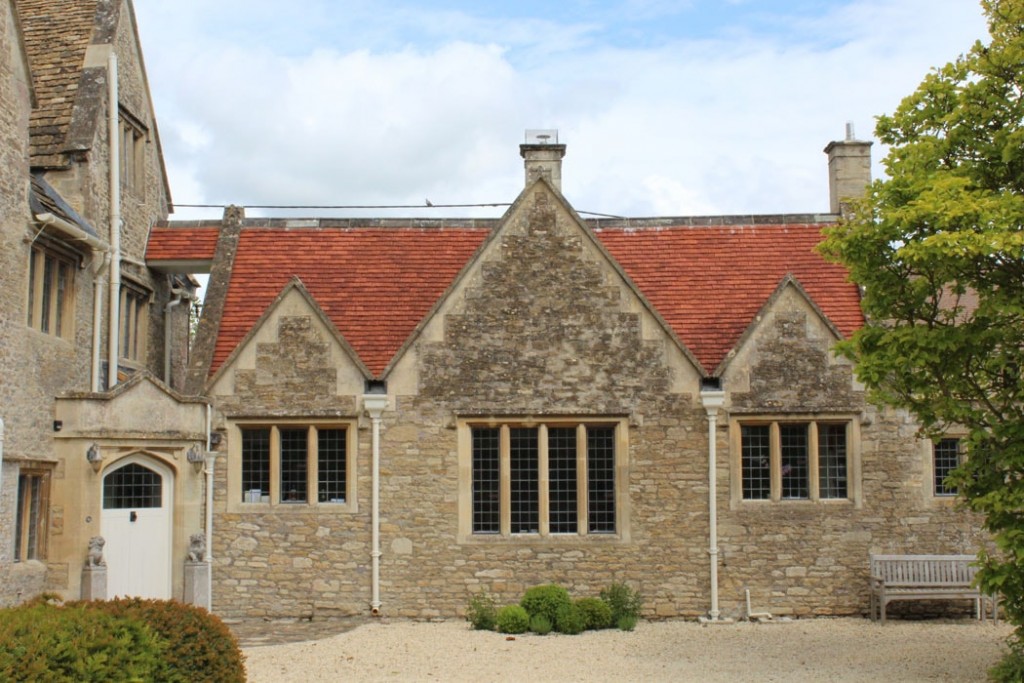Here at West Country Tiling, we have well over 30 years of experience in working with many different tile roof coverings on all types of buildings, from modern extensions to historical houses, flat roofs to pitched roofs, and everything else in between.
If you’re based in the Southwest of England and need advice on which roofing tile is best for your roof, or if you’re in need of our experience and expertise to refurbish the roof on a listed building, we are the roofers for you.
Different types of tile roof coverings
Double Lap Tiles
Double lap clay Plain tiles are one of the oldest roof coverings in the UK and were traditionally used on pitched roofs. Their simple overlapping system creates an effective rain barrier. Because of how they are laid, double lap tiles accentuate light and shade, creating a highly textured roofscape.
Plain tiles come as hand-made or machine made depending on how you want your roof to look
Handmade Clay Tiles
Handmade clay roof tiles can be traced back to their origins in China, some 10,000 years BC. This much-used method of roof covering spread from the Middle East to Asian and Europe. There is evidence to suggest that after the Great Fire of Southwark in 1212, the use of clay tiles was used prolifically to replace the fire-prone thatched roofs.
Due to the large cost of transporting clay tiles by cart, many historical roofs bare the colour and pattern of the local earth to where the clay used to produce the tiles was found. These days, you can choose from warm red, subtle blue and deep brown tiles for your roofing project.
Machine Made Clay Tiles
Mass-produced clay tiles were in great demand when they first made an appearance in the 1880’s. This new method of production meant that machine made clay roofing tiles became more readily available to the masses and their manufacture took off in areas that had access to large deposits of clay.
With improvements to the design and technology used to produce machine made tiles, their efficiency and ease of installation also improved.
Single Lap Clay Tiles
Single lap clay tiles come in Pantile or Roman tile styles. Remanets of clay tiles have found dating as far back as 3,000BC, and the fact that they continue to be used today is a testament to their strong protection and aesthetic appeal. The modern version of single lap clay tiles is an interlocking variety that is easy to lay, more secure and has improved weatherproofing qualities.
Pantiles
Pantiles were imported from Holland during the early part of the 18th century and are more commonly found on buildings in London, Somerset, and Bristol. Although they went out of fashion at the end of the Victorian ear, there was a revival of glazed and brightly coloured pantiles in the 1930s.
A traditional pantile has an S-shaped cross section and are laid so that the downward curve of one tile overlaps the upward curve of the next tiles. An advantage of laying these tiles in a single lap is that they weigh less, however this method can make them susceptible to driving rain and snow. These, historically, would have been predominantly used on agricultural buildings.
Roman Tiles
Dating from the Roman era, these classic roofing tiles were originally made from clay, however you can now get them in concrete and metal as well. Their traditional appearance makes them aesthetically pleasing as well as robust.
You can choose from either single or double roll tiles in a wide range of colours, such as modern dark grey, light grey, shades of brown and traditional terracotta. Due to their simple interlocking installation process, these are some of the most cost-effective roof tiles available.
Why Use West Country Tiling
Our team has extensive experience working with all types of roof coverings. When contracting us, you will be engaging a team of highly skilled craftsmen who have a vast amount of knowledge and roofing know-how.
If you have a project that needs to be carried out by our expert roofing team, please get in touch on 01373 462 224 or email us on info@westcountrytiling.com.

